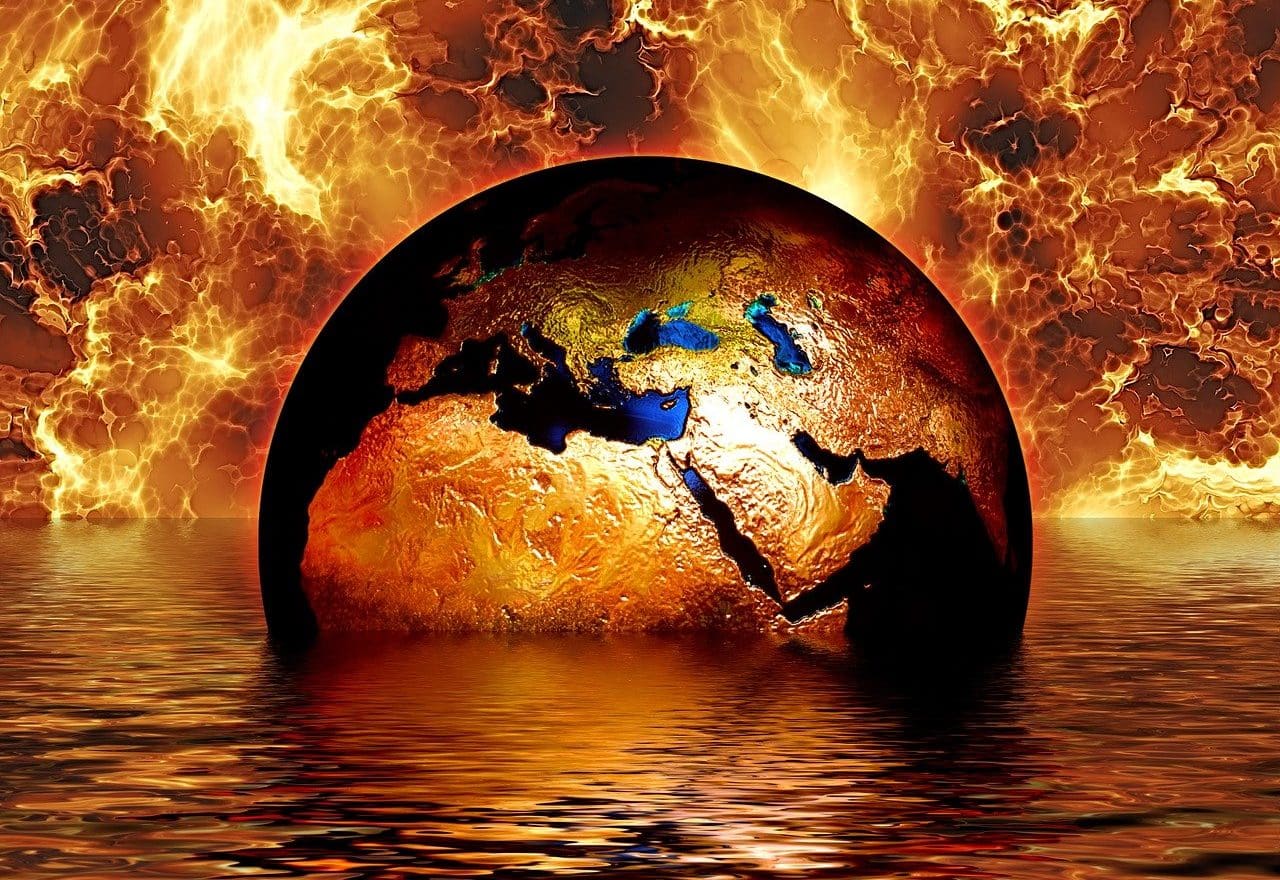
The collective right to enjoy a safe and healthy environment is one of the basic principles of environmental justice.
Environmental justice is a legal specialty contemplated by environmental law that aims to provide tools and solutions in order to guarantee the conservation of the natural environment. It is a key resource to achieve a healthy and balanced environment .
This concept linked to ecology positions environmental services and nature as a common good. Thus, it seeks to provide bases and an order so that all individuals, without exception, can benefit from natural resources and take advantage of them but without overlooking or evading legal obligations .
It is essential, at this point, to highlight the importance of both environmental and social responsibility . It is intended, in this context, to respect the freedom of use regarding elements of the environment but to set limits with the aim of preventing overexploitation . Environmental justice , similarly, is invoked to activate actions aimed at minimizing, repairing or compensating for damage to nature when it is not possible to avoid negative environmental impact .
Characteristics of environmental justice
Environmental justice has as its fundamental principles guaranteeing the right to access a safe and healthy natural environment; recognize situations of vulnerability ; and confront and remedy inequalities in the distribution of burdens and benefits in terms of natural resources .
Through it, the aim is also to identify and attribute responsibilities in relation to the deepening of climate change and to make visible differences that have arisen in different territories when facing the climate crisis due to the lack of equal availability of technologies, money, equipment. or knowledge.
In its temporal dimension, this notion is supported by principles of inter- and intragenerational equity , as well as sustainable development guidelines. It is appropriate to indicate that environmental justice is analyzed and applied, including, from the social spheres (considering social inequality in the face of environmental risks , the impact on vulnerable or marginalized communities that, for example, global warming or pollution ), economic (looking, to highlight some options, on fair trade and the green economy ) and politics (dimension where public environmental policy , participation or the role of citizens in environmental decision-making, etc.) gain notoriety.

To inhabit a fair, pleasant and healthy world, we must work to defend and protect human rights and animal rights, for example.
Areas and problems addressed
Those who specialize in environmental justice focus their efforts on improving environmental equity and working to have environmental rights recognized as part of human rights .
It is also an area that aims to strike a balance between meeting basic human needs by fairly sharing resources and preserving nature . Solidarity at an environmental level to reduce inequalities in ecological matters; equitable distribution to cover the ecological debt and the fight against biopiracy are other of its objectives.
Challenges and limitations facing environmental justice
Environmental justice is connected to human rights and even becomes of interest within the field of public health . However, there are limitations and obstacles that limit the scope and access to it.
Certain communities, for example, are legally unprotected and, in this scenario, their members are exposed to environmental risks and dangers . When certain current regulations or obligations are not met or respected, threats and situations appear that threaten the well-being and survival of multiple species.
When safety standards for the correct handling of hazardous waste are not met or something fails in that context, for example, the environment and living beings are exposed to serious problems. Exposure to sources of soil, air or water contamination is also problematic due to the pathologies (mainly of the respiratory tract ) that it can trigger.

Climate change, the loss of biodiversity and high levels of pollution are challenges that must be faced on a global scale with responsibility, ethics, justice and equality.
It is said that there is environmental injustice in cases of inequality in regulations and laws, as well as in realities in which economic interests are put ahead of government policies focused on public health .
The scarcity or insufficiency of information is another frequent barrier to access to environmental justice . Many people are unaware of their rights, are deprived of environmental education and do not have sufficient tools or conditions to defend themselves or enforce what is necessary to ensure their well-being or prevent biodiversity from being put at risk.
On the other hand, environmental justice is restricted every time it becomes difficult to apply intergenerational justice or develop actions that prioritize the conservation of nature by preventing the overexploitation of natural resources and the destruction of the environment .
Environmental justice is also overshadowed, limited or inaccessible in territories where those in charge of designing and implementing environmental policies or regulations on the location of industrial sites or land use do not take into account the opinions and needs of local residents. Access to environmental justice is hindered when citizens do not find spaces or opportunities to express their will or defend their rights.
